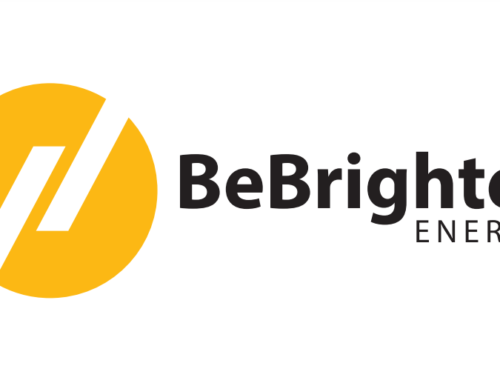Driving Change: How Government Support Can Accelerate the Shift to Zero-Emission Vehicles
If the government wants to drive market change, it must actively support it. By 2035, half of the cars on UK roads could be zero-emission, provided the next government collaborates with industry and consumers. The UK aims to match the European deadline to end sales of conventional petrol and diesel vehicles by 2035, with a steep increase in zero-emission vehicle (ZEV) sales required: from 22% in 2024 to 80% by 2030. However, ZEV market share has stalled at 16-17%.
The vehicles are ready, with over 100 models available and ranges exceeding typical weekly mileage. Yet, mandates alone won’t create market demand; consumer incentives are crucial. While ZEVs often have lower running costs, their higher upfront costs pose a barrier, largely due to expensive raw materials in batteries, which account for 40% of a ZEV’s cost compared to 15% for traditional engines.
Business and fleet demand for ZEVs is growing, spurred by tax incentives, but without broader consumer interest, manufacturers face potential fines, risking investment in the UK car market. With nearly two million ZEVs expected on roads in the next three years, manufacturers are offering significant deals, but can’t sustain market shifts alone.
If the government mandates market changes, it must also facilitate them. Halving VAT for three years could add 300,000 new ZEVs, encouraging consumers and boosting the used market while accelerating decarbonisation. Although infrastructure is expanding, with over 60,000 public charge points, setting binding targets for rollout would enhance coverage. Reducing VAT on public charging to 5% would also improve affordability. Additionally, ZEVs should be reflected in the vehicle excise duty system, rather than being taxed as luxury items.
The benefits are significant: from three in every 100 cars being ZEVs today to one in two by 2035, with many increasingly manufactured in Britain, backed by £22 billion in recent investments in ZEV and battery production. Inaction would lead to noisier streets, poorer air quality, reduced growth and missed net-zero targets. Partnering with industry and supporting consumers is essential for a cleaner, greener, fairer and more prosperous future.


